Bulgaria's first EU year marked by protests
The end of 2007 will also mark the end of the first year of Bulgaria's EU membership.
Thursday, 27.12.2007.
13:42

The end of 2007 will also mark the end of the first year of Bulgaria's EU membership. Three out of every four Bulgarians were eager to join the rich EU, expecting changes too quickly. Disappointed when their lives did not improve suddenly, many of them joined protests or strikes and clearly showed discontent in local polls. Bulgaria's first EU year marked by protests The first demonstrations were held days after Bulgaria's euphoric accession to the now 27-member bloc, when farmers protested at a new EU tax on their homemade but commercialized brandy, called "rakija." In the usual, eye-catching strategy employed by demonstrating Bulgarians, they converged from all over the country to block traffic in front of the national parliament in central Sofia. Owners of land in attractive Black Sea and mountain ski resorts showed their displeasure with construction limits aimed at nature preservation by blocking key roads in the country. The weekly protest by pensioners - always Thursdays at the Assembly - have outgrown their role and become a tradition. But although the pensioners won a raise in increments, they were defeated by inflation, which rose at a higher rate than the pensions since EU accession - 12.4 per cent. The shock of surging prices - which were boosted by the country's joining the EU as much as by a crop-destroying heatwave - after years of discontent over miserable wages motivated others to protest. After all, with the opening-up of most of the EU labor market, doctors, nurses, judges, teachers, clerks, bus drivers and all others who did not leave the country have meanwhile started comparing paycheques with their compatriots working elsewhere in the EU. "Pay like the EU," has become the favorite catchy slogan among people demanding better wages. The crippling, nationwide six-week strike by teachers and other educators was the largest protest in Bulgaria since the fall of the iron-fisted communist regime 18 years ago. The teachers locked up the schools immediately after the start of the school year in September and held on until the government budged far enough, even if not as far as the unions demanded. While not securing the doubling of their meager wages, the teachers did get a 60-per-cent raise and finally returned to their classrooms on November 5. They however continued weekly demonstrations at parliament in November while the budget was debated inside to prop up their demand for more spending on education. They want 4.7 percent of the country's GDP in 2008 instead of the planned 4.2 percent. Overall, the sentiment in Bulgaria was a far cry from the euphoric run-up to EU accession a year ago. That showed in elections, first for the European Parliament in May, then in local polls in October. Prime Minister Sergey Stanishev's Socialists - but also all other old parties - was on both occasions brushed aside by newcomers GERB, headed by the popular Sofia Mayor Boyko Borissov. Standing for Citizens for the European Development of Bulgaria, Borissov founded GERB in 2006, too late for parliamentary elections in 2005. But after claiming control in most Bulgarian municipalities, Borissov wants to capitalize on the general discontent and wants early parliamentary elections in the spring. In any case, experts continue to say what they said before January 1, 2006: it will take time before the EU's poorest member turns around palpably, regardless of who is at the helm. While the economic benefits need years before they filter down to the people, at least six people and their families have benefited nearly immediately. In July, after nine years, Libya finally released five Bulgarian nurses and a naturalized Palestinian-born doctor from prison after condemning them to death in a flawed trial under the accusation that they deliberately infected hundreds of children with HIV. "They would never have been released without the action and solidarity of the EU," Bulgaria's first EU commissioner, Meglena Kuneva, said then.
Bulgaria's first EU year marked by protests
The first demonstrations were held days after Bulgaria's euphoric accession to the now 27-member bloc, when farmers protested at a new EU tax on their homemade but commercialized brandy, called "rakija."In the usual, eye-catching strategy employed by demonstrating Bulgarians, they converged from all over the country to block traffic in front of the national parliament in central Sofia.
Owners of land in attractive Black Sea and mountain ski resorts showed their displeasure with construction limits aimed at nature preservation by blocking key roads in the country.
The weekly protest by pensioners - always Thursdays at the Assembly - have outgrown their role and become a tradition.
But although the pensioners won a raise in increments, they were defeated by inflation, which rose at a higher rate than the pensions since EU accession - 12.4 per cent.
The shock of surging prices - which were boosted by the country's joining the EU as much as by a crop-destroying heatwave - after years of discontent over miserable wages motivated others to protest.
After all, with the opening-up of most of the EU labor market, doctors, nurses, judges, teachers, clerks, bus drivers and all others who did not leave the country have meanwhile started comparing paycheques with their compatriots working elsewhere in the EU.
"Pay like the EU," has become the favorite catchy slogan among people demanding better wages.
The crippling, nationwide six-week strike by teachers and other educators was the largest protest in Bulgaria since the fall of the iron-fisted communist regime 18 years ago.
The teachers locked up the schools immediately after the start of the school year in September and held on until the government budged far enough, even if not as far as the unions demanded.
While not securing the doubling of their meager wages, the teachers did get a 60-per-cent raise and finally returned to their classrooms on November 5.
They however continued weekly demonstrations at parliament in November while the budget was debated inside to prop up their demand for more spending on education. They want 4.7 percent of the country's GDP in 2008 instead of the planned 4.2 percent.
Overall, the sentiment in Bulgaria was a far cry from the euphoric run-up to EU accession a year ago. That showed in elections, first for the European Parliament in May, then in local polls in October.
Prime Minister Sergey Stanishev's Socialists - but also all other old parties - was on both occasions brushed aside by newcomers GERB, headed by the popular Sofia Mayor Boyko Borissov.
Standing for Citizens for the European Development of Bulgaria, Borissov founded GERB in 2006, too late for parliamentary elections in 2005.
But after claiming control in most Bulgarian municipalities, Borissov wants to capitalize on the general discontent and wants early parliamentary elections in the spring.
In any case, experts continue to say what they said before January 1, 2006: it will take time before the EU's poorest member turns around palpably, regardless of who is at the helm.
While the economic benefits need years before they filter down to the people, at least six people and their families have benefited nearly immediately.
In July, after nine years, Libya finally released five Bulgarian nurses and a naturalized Palestinian-born doctor from prison after condemning them to death in a flawed trial under the accusation that they deliberately infected hundreds of children with HIV.
"They would never have been released without the action and solidarity of the EU," Bulgaria's first EU commissioner, Meglena Kuneva, said then.










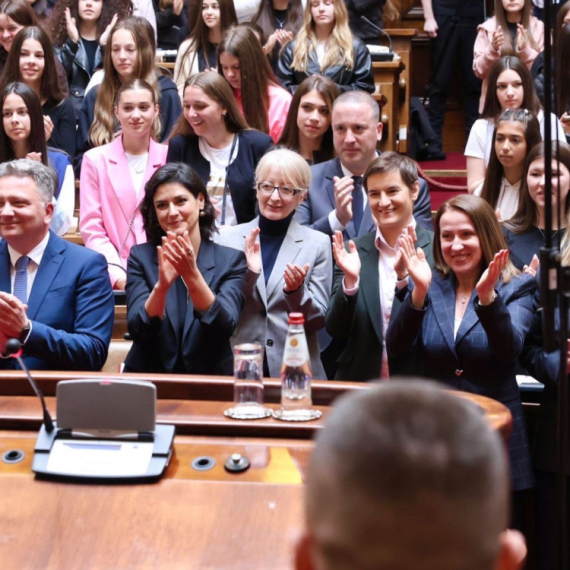


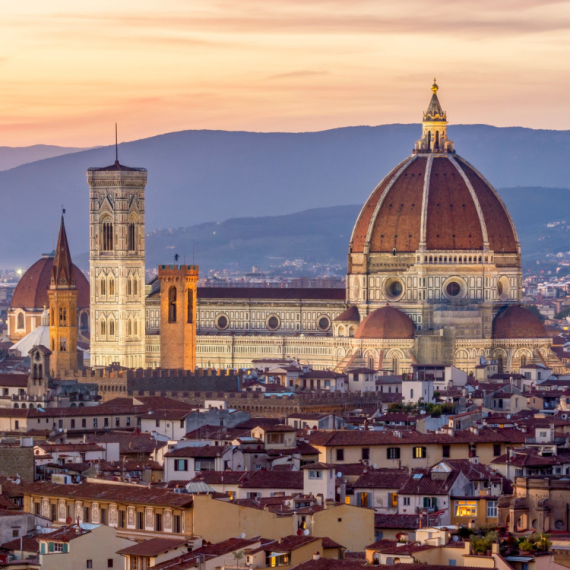

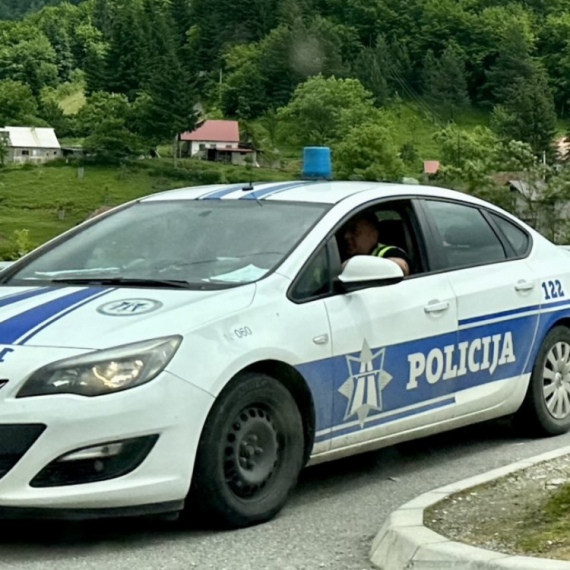
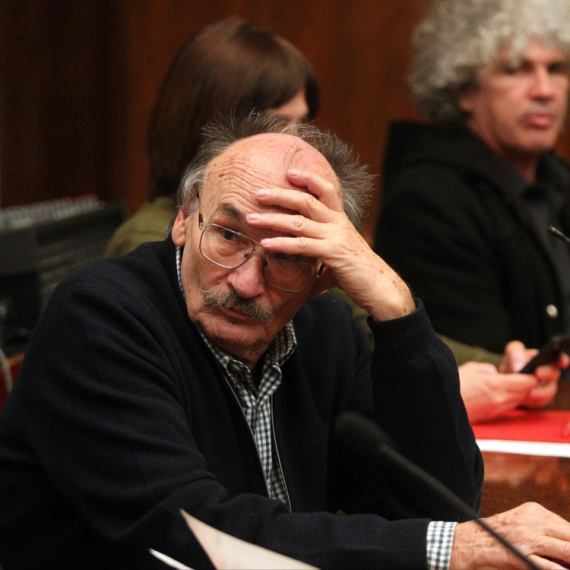
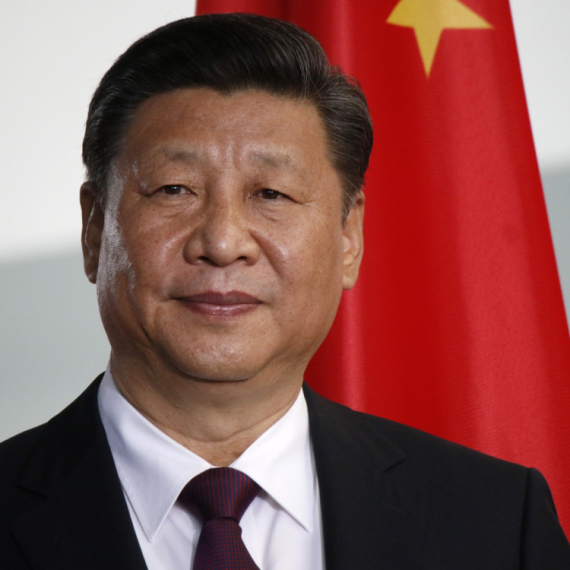


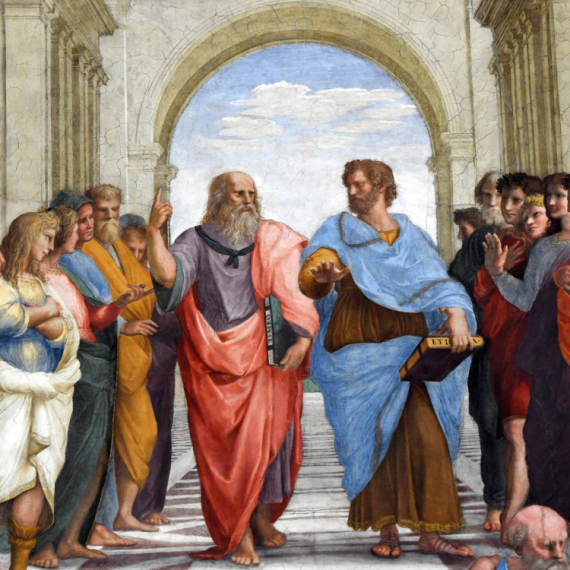

















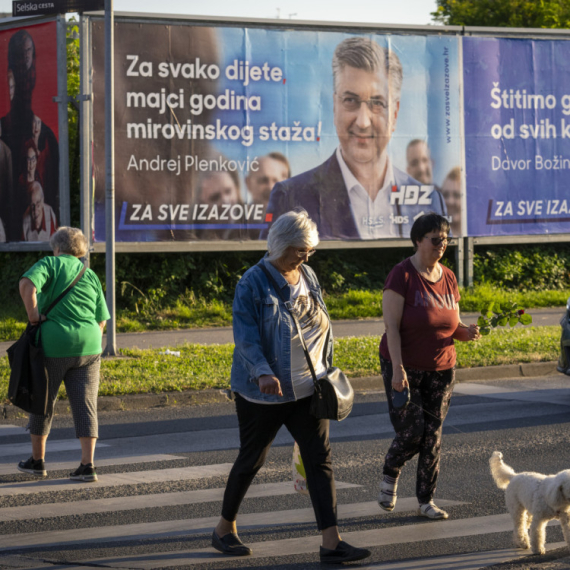




















Komentari 0